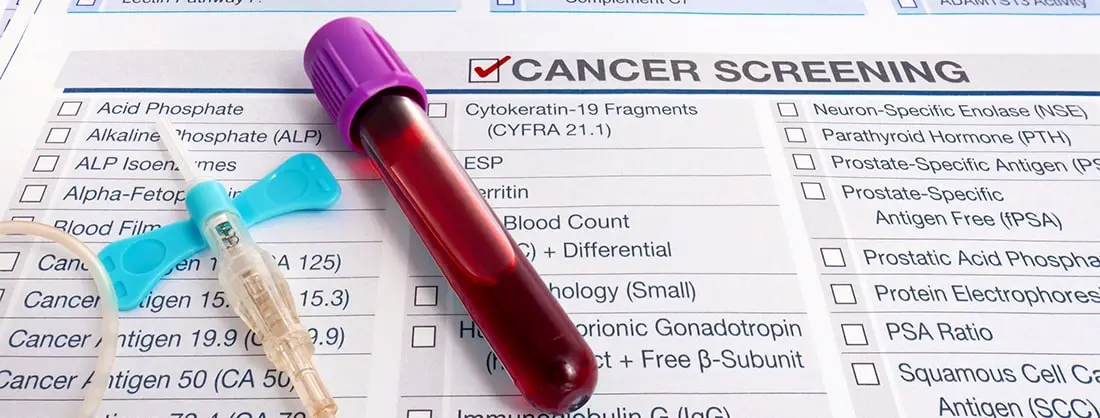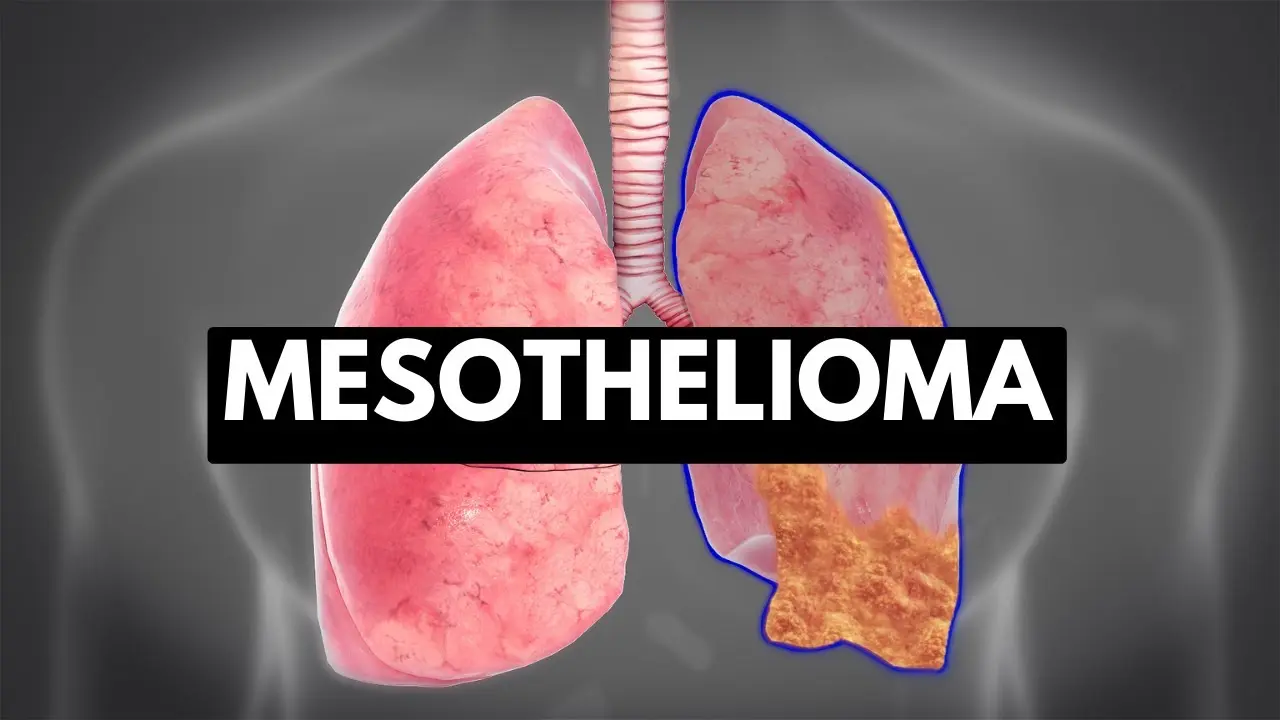
1. The Rise of Immunotherapy: A Game-Changer in Cancer Treatment
Immunotherapy has become one of the most exciting and effective treatment options for certain types of cancer. Unlike traditional treatments such as chemotherapy and radiation, immunotherapy works by harnessing the body's immune system to fight cancer cells. This approach has shown remarkable success in treating cancers like melanoma, lung cancer, and even some types of blood cancers like leukemia and lymphoma.
Immunotherapy treatments include immune checkpoint inhibitors, CAR-T cell therapy, and cancer vaccines. These therapies are designed to enhance the body's natural immune response, making it better equipped to detect and destroy cancer cells.
| Immunotherapy Type | Description | Cancers Treated |
|---|---|---|
| Immune Checkpoint Inhibitors | Block the "brakes" on the immune system, allowing it to attack cancer | Melanoma, Lung Cancer, Bladder Cancer |
| CAR-T Cell Therapy | Genetically modifies a patient's own immune cells to target cancer | Leukemia, Lymphoma, Myeloma |
| Cancer Vaccines | Stimulate the immune system to recognize and destroy cancer cells | Cervical Cancer, Prostate Cancer, Melanoma |
2. Targeted Therapy: Precision Medicine for Cancer
Targeted therapies are designed to specifically target the molecular changes in cancer cells that help them grow and spread. Unlike chemotherapy, which affects both healthy and cancerous cells, targeted therapies focus on specific molecules involved in the growth of cancer, minimizing damage to healthy tissue.
This type of therapy is typically used for cancers with specific genetic mutations, such as HER2-positive breast cancer or non-small cell lung cancer with mutations in the EGFR gene. By targeting the proteins or genes involved in cancer growth, these therapies have shown improved effectiveness and fewer side effects compared to traditional treatments.
3. The Role of Personalized Medicine in Cancer Treatment
Personalized medicine, often referred to as precision medicine, takes into account the individual genetic makeup of both the patient and the cancer itself. This approach allows doctors to tailor treatment plans based on the genetic characteristics of the tumor, leading to more effective and less toxic treatments.
By using advanced diagnostic tools, such as next-generation sequencing (NGS), doctors can identify genetic mutations in cancer cells and select treatments that are specifically designed to target those mutations. This approach is particularly useful in cancers like lung cancer, breast cancer, and colorectal cancer, where specific genetic mutations can determine the best course of treatment.
4. Advancements in Radiation Therapy: More Precise and Effective
Radiation therapy has been a cornerstone of cancer treatment for many years. However, recent advancements have made it more precise and effective than ever before. Modern radiation techniques, such as stereotactic body radiation therapy (SBRT) and proton therapy, allow doctors to deliver higher doses of radiation to tumors while minimizing damage to surrounding healthy tissue.
SBRT uses focused beams of radiation to treat tumors with extreme precision, making it ideal for treating small, localized cancers. Proton therapy, on the other hand, uses protons instead of X-rays to target tumors, offering less radiation exposure to healthy tissue and better outcomes for certain cancers, including prostate and pediatric cancers.
| Radiation Therapy Type | Description | Benefits |
|---|---|---|
| Stereotactic Body Radiation Therapy (SBRT) | High-dose, focused radiation beams for small tumors | Non-invasive, fewer treatments |
| Proton Therapy | Uses protons instead of X-rays to target tumors | Less damage to healthy tissue |
| Intensity-Modulated Radiation Therapy (IMRT) | Advanced radiation delivery with precision | Treats tumors near critical organs |
5. The Promise of Gene Therapy and CRISPR in Cancer Treatment
Gene therapy, including the use of CRISPR-Cas9 technology, is one of the most promising areas of cancer research. CRISPR allows scientists to edit genes with incredible precision, enabling the potential to correct genetic mutations that lead to cancer or even insert genes that can fight cancer more effectively.
While still in the experimental stages, CRISPR-based gene editing has shown promise in treating cancers like leukemia and sickle cell anemia. Researchers are exploring ways to use this technology to correct mutations in cancer-causing genes, potentially leading to more personalized and effective treatments.
6. Combination Therapies: Enhancing Treatment Efficacy
One of the most exciting trends in cancer treatment is the use of combination therapies. By combining different treatment modalities—such as immunotherapy, targeted therapy, and chemotherapy—doctors are able to enhance the effectiveness of treatment and overcome resistance that may develop to any single therapy.
Combination therapies are proving particularly effective in cancers that are difficult to treat with a single approach, such as pancreatic cancer and glioblastoma. This multi-pronged strategy can address multiple aspects of cancer biology, offering a more comprehensive approach to treatment.
7. Advancements in Cancer Screening and Early Detection
Early detection is crucial for improving cancer outcomes, and recent advancements in cancer screening are helping doctors identify cancers at an earlier stage, when treatment is more likely to be effective. Liquid biopsies, for example, are a non-invasive way to detect cancer-related genetic mutations through a simple blood test. This technology has the potential to detect various cancers, including breast, lung, and colorectal cancer, long before symptoms appear.
Additionally, advances in imaging technologies, such as PET scans and MRI, have made it easier to spot tumors with high precision, allowing for earlier and more accurate diagnoses.
Conclusion
The latest advances in cancer treatment are offering new hope for patients and improving survival rates across a range of cancers. From immunotherapy and targeted therapies to the potential of CRISPR gene editing, cancer treatment is becoming more personalized, effective, and less invasive. With ongoing research and innovations, we are moving closer to a future where cancer can be treated more successfully, with fewer side effects, and at earlier stages.
Stay informed and keep up with the latest developments in cancer treatments to ensure the best possible outcomes for you or your loved ones.






